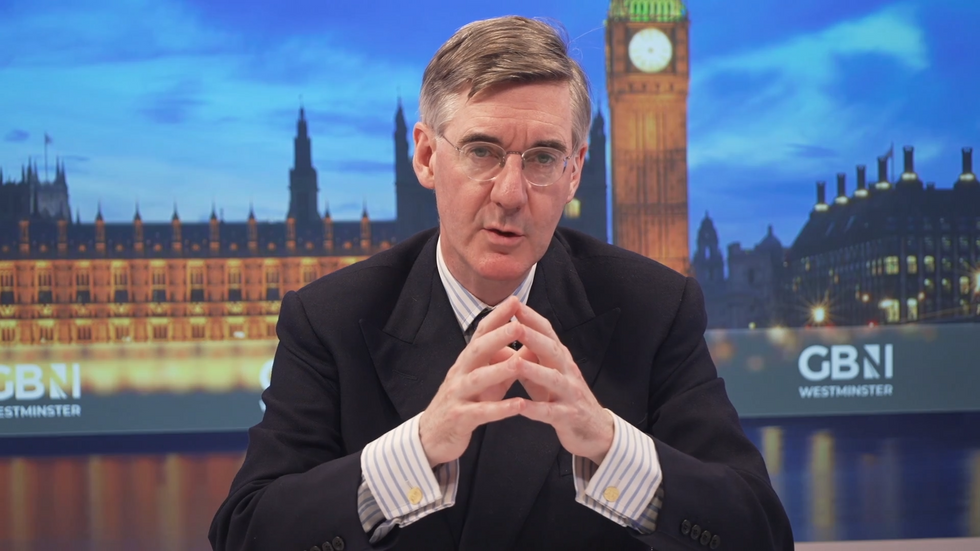Don't Miss
Most Read
Trending on GB News
The Afghan inquiry has set a deadline of next week by when the veterans minister, Johnny Mercer, must reveal the names of the SAS whistleblowers who gave him sensitive information in confidence about the alleged murders of innocent people in Afghanistan.
But today, The Times reported that sources close to Mercer have said he would be willing to go to prison before disclosing the names of the whistleblowers.
In February, Mercer, a former officer, told the inquiry that special forces soldiers had raised concerns with him about alleged executions of innocent civilians in Afghanistan, as well as other concerning information regarding the mistreatment of Afghans.
The inquiry chairman, the very distinguished Lord Justice Hayden Cave, ordered Mercer to reveal their names, promising to protect their anonymity, but Mercer refused.

Jacob Rees-Mogg shares his thoughts on Johnny Mercer
GB News
Mercer was then told he had a deadline of April 5 or face a prison sentence, but the deadline has now been extended until next week.
But this is a troubling case about the balance between the judiciary and Parliament.
Our Constitution works on a balance between the two.
As a rule, MPs are answerable in civil matters to their constituents, not to the courts, and historically are exempt from civil but not criminal arrest.
And much in the same way that when a defendant confides in his lawyer or when a source confides in a journalist or whistleblower, has the reasonable expectation of anonymity when giving sensitive information to a member of Parliament, it is extremely rare that a journalist or a lawyer would have to hand over the names of sources of sensitive information, and I think the same should apply here.
If these names were to be given to, the inquiry would discourage other whistleblowers from coming forward.
But on a more fundamental level, Parliament is the highest authority in the land, higher than the courts because it's representative of the people.
A move like this would discourage anyone from giving sensitive, but possibly vital information to a member of Parliament who may be able to do his job better with such knowledge.











